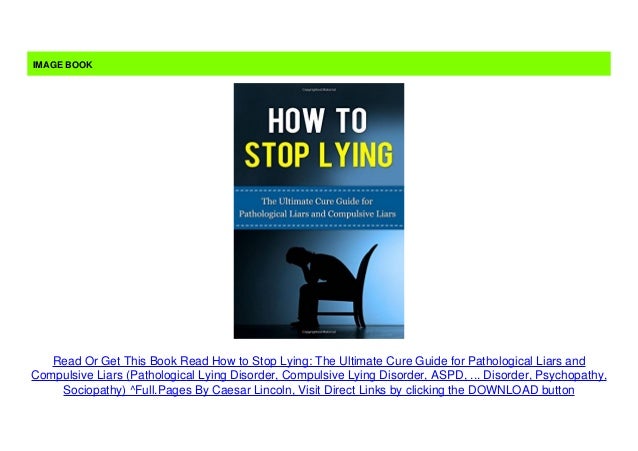


He had committed many other misrepresentations, including stating that he had received a Purple Heart for injuries sustained in Vietnam and dramatically reporting that shrapnel was still lodged in his groin. He told the Commission, under oath, that he had participated in covert CIA operations in Southeast Asia and Africa and that he had a master's degree in psychology when, in reality, he had never been in the CIA nor did he have a degree in psychology. 1 The judge had lied at various times to judges, attorneys, a newspaper reporter, and the Commission on Judicial Performance. In August 2001, the State of California Commission on Judicial Performance ordered the removal from office of Judge Patrick Couwenberg for making misrepresentations to become a judge, continuing to make misrepresentations while a judge, and deliberately providing false information to the Commission in the course of its investigation. While providing a structured framework for considering pathological lying in the forensic context, the authors conclude that further systematic research is needed to resolve the questions raised in this article. In this article, the authors review the considerable vagueness and confusion that has surrounded this concept and examine the extent to which a person can control lying behavior and the related question of whether pathological liars have responsibility for their actions. The impact of pathological lying deserves critical attention from forensic psychiatrists because of the implications that untruths have in a legal context.
#Pathological lying treatment full#
Psychiatrists continue to grapple with the full ramifications of the condition, even though interest specifically in pathological lying seems to have waned in recent times.

Although pathological lying was first described in the medical literature over 100 years ago, it remains a poorly understood concept.


 0 kommentar(er)
0 kommentar(er)
